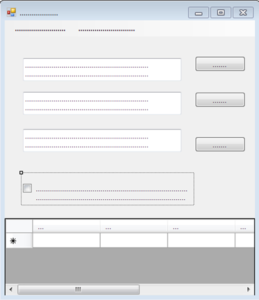There are not a lot of trained terminologists around the world and not necessarily a lot of positions either. I get questions on how to find a job from students and former students often enough. From now on, I will try to provide ways to make that connection and also post job openings. Here is one from IBM.
 Job Title: Terminologist
Job Title: Terminologist
Main Responsibilities include:
The terminology group helps product developers, writers, and translators use the correct terminology in IBM products and materials. The group currently has an open position for a junior terminologist. Regular tasks include creating and updating terminological entries in a multilingual terminology database, and identifying terms from an automatically extracted corpus that are relevant to translators. The position includes the following additional responsibilities:
- Researching and defining new terms
- Using a terminology management system to create, update, or streamline definitions, and add other metadata such as parts of speech, grammatical information, and context sentences
- Using sound terminological principles, establish relationships between synonyms and other related concepts
- Importing new terminology into the database and exporting existing terminology into various forms of output including glossaries and bilingual dictionaries
- Working with writers and translators worldwide to establish a controlled vocabulary
Qualifications:
- Excellent command of English with excellent writing and communication skills
- Education program: Linguistics, Terminology, Semiotics, or Translation degree
For more information see the job posting.
 A UX designer who gets not only the user focus, but who also knows the critical role of language is my former colleague, Windows UX designer and now principal of
A UX designer who gets not only the user focus, but who also knows the critical role of language is my former colleague, Windows UX designer and now principal of 